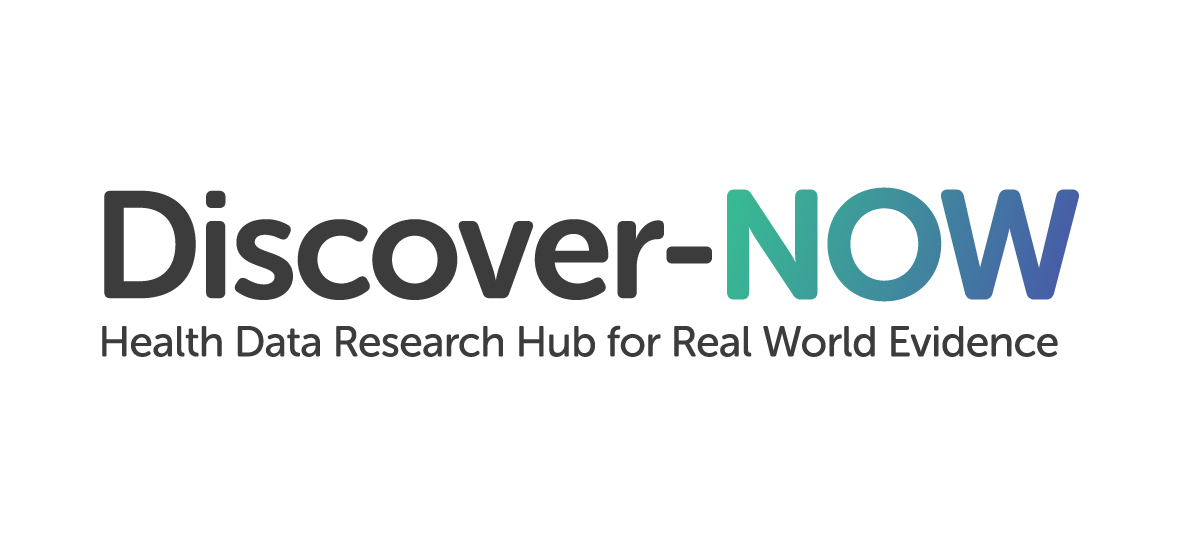Meet the Hubs: Discover-NOW - The Health Data Research Hub for Real World Evidence
5 November 2019 | Author: Dr Axel Heitmueller, Director of Discover-NOW and Managing Director at Imperial College Health Partners
Guest Blog: Dr Axel Heitmueller, Discover-NOW Hub Director talks about the importance of understanding people's views and expectations about the use of health information to build trust.
Health and care information has the power to revolutionise the way we treat and prevent disease in the future, but only if we have the support and trust of our communities and wider population. Whilst the benefits of joining up information may be obvious to many, we cannot assume that the case has been made more broadly across our population.
We believe that in order to build trust, we need to understand what people’s expectations are in order to operate in line with them. We need to understand the red lines, what is acceptable and what isn’t, and most importantly how we can meet these expectations in the context of real life.
Understanding expectations of the use of health and care data recently published by the OneLondon Local Health and Care Record Exemplar and developed in collaboration with Understanding Patient Data, provides detailed insight into what is currently known about people’s expectations and attitudes to the use of health and care data. In doing so, it also identifies the gaps in evidence and our understanding.
One of the most notable findings was that public research and engagement to date has tended to focus on the anticipated benefits from joining up data, associated concerns, and how people imagine these could be ‘ideally’ addressed (often without reference to any technical limitations).
Largely absent is any discussion of how the public might balance benefits and concerns within the constraints of real world feasibility, and what trade-offs would be acceptable or not. In addition, evidence is lacking as to what red lines the public feel should not be crossed, however desirable the potential benefit.
It is critical that we understand what trade offs the public are willing to make, in the context of reality, to enable us to truly understand their expectations in order to operate in line with these. For example – the public are generally supportive of health research but at the same time concerned about commercial sector involvement. We need to have a meaningful and informed conversation with the public to understand how we manage these tensions in the context of today’s health and care eco system.
Discover-NOW is therefore proud to be supporting one of the most progressive public engagement programmes to build public trust in the use of data. This autumn, working with OneLondon LHCRE, we will mobilise a different type of conversation with Londoners: one that is open, honest and frank, one that doesn’t shy away from the issues and complexities, but which embraces and respects them. We will explore nuances where the current evidence is equivocal. We will then use deliberative engagement methodologies to understand trade-offs and develop recommendations – a meaningful social contract with Londoners.
With visible leadership from clinicians, regional NHS executives and the Greater London Authority, we will – for the first time – establish empirical evidence of the expectations of Londoners with regards to health information uses. We will work with Londoners to shape ‘the rules of the game’ and to ensure that we proceed in a way which builds trustworthiness and confidence amongst the populations we serve.



